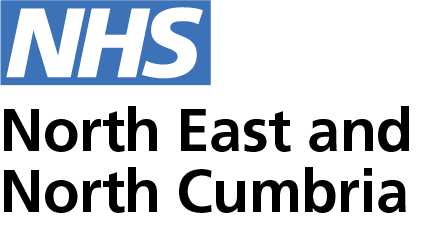This is what we do when we poverty proof a healthcare service:
- Training - We train all the staff so they have an awareness and understanding about poverty and why it’s hard to look after your health when you have little or no money. This helps them to be more sensitive and understanding when they care for people.
- Consultation - We talk to as many patients as possible. We also speak to their families, carers, and other people who live in their community. This is because it is their experiences and views that help us understand what works and what needs to be changed.
- Feedback and report – We provide the person in charge with feedback based on what people told us in the consultation. We give them a report detailing what they could change to make things more welcoming and easier for people.
- Review – after 6-12 months we go back to the service and speak to people again to find out what difference has been made because of the Poverty Proofing©.

